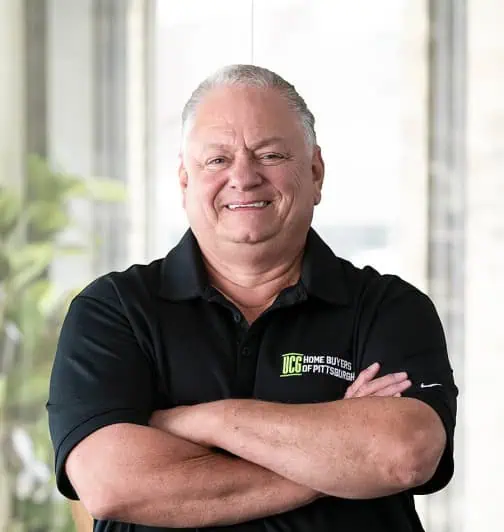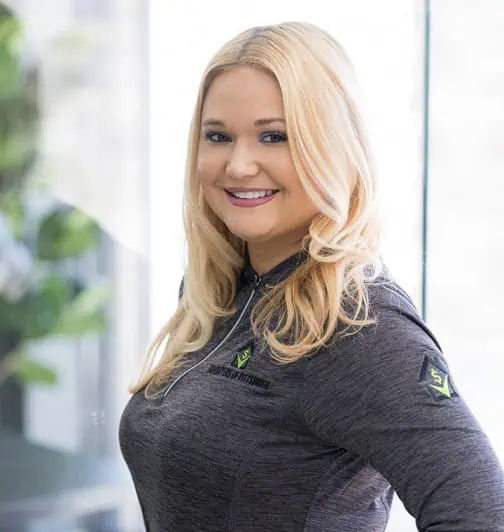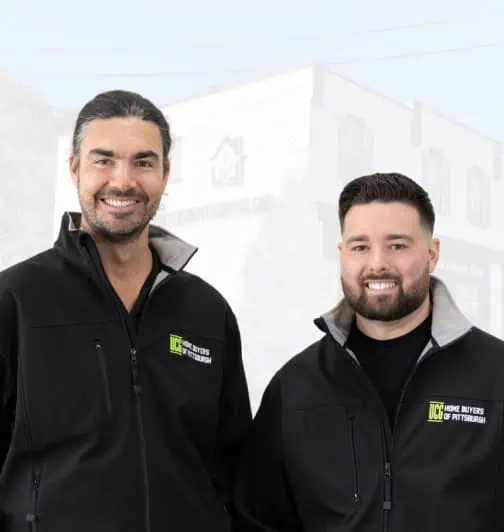If you’re over 62, you may be able to turn your home’s equity into cash without monthly payments. Keep reading here to learn more.
Reverse mortgages can be powerful financial tools that enable individuals to leverage the equity of their homes while continuing to stay in them. However, if you’re like most homeowners, you probably aren’t too sure about the specifics of how a reverse mortgage works and may not be in the best position to make a decision about whether or not to get one.
In this post, we therefore take a closer look at the intricacies of this unique financial tool to give you a better understanding of what it entails. We also examine some of the pros and cons of getting a reverse mortgage so you can make a more well informed decision with regard to your home.
What is a Reverse Mortgage?
A reverse mortgage – also known as a home equity conversion mortgage – is a type of mortgage loan that can be taken out on the value of a home. Unlike with a regular mortgage where you borrow money from the bank to pay off the cost of your home, with a reverse mortgage, you instead borrow money from the bank using the value of your home as collateral.
This unique financial tool is especially popular amongst retirees who often do not have a source of income beyond their savings. However, they typically own homes that have been fully paid off and reverse mortgages enable them to increase their spending power using the equity that they have in these homes.
How Does a Reverse Mortgage Work?
When a borrower takes out a reverse mortgage against their home or property, the bank first assesses the unencumbered value of the property by deducting the value of any outstanding liens on the property from the property’s fair market value. Depending on various factors such as the existing interest rates and the payout structure, the amount that you will be able to borrow in a reverse mortgage can vary and generally ranges from 40–60% of its unencumbered value.
Additionally, because of the structure of reverse mortgages, the Consumer Financial Protection Bureau restricts such loans to borrowers who are over 62 years old.
Reverse mortgages typically do not require borrowers to make a monthly payment, and they are usually able to defer payments until they sell the home, move out or pass on. This enables borrowers to convert the equity in their properties into a source of income without having to worry about monthly repayments, although borrowers are still required to maintain the home, pay property taxes and keep up with their insurance payments to avoid foreclosure.
Reverse Mortgage Example
For example, Adam is a 70-year-old retiree who lives by himself in Pittsburgh. He does not have a regular source of income and his primary asset is his house, which is valued at $300,000 and has a $100,000 outstanding lien. The unencumbered value of his home would therefore be $200,000, and he would be able to take out a reverse mortgage of between $80,000 to $120,000, depending on the lender and various other factors.
Assuming that Adam is able to take out a reverse mortgage of $100,000, he is then free to use this money for whatever he chooses. He can also continue to live in the same home and can defer repayments for the reverse mortgage while his loan balance accrues interest as long as he fulfills the ongoing obligations of the mortgage. When he eventually passes on, his property will be sold and the loan balance will be repaid from the sale proceeds, with any remaining amount distributed to his heirs.
Pros and Cons of Reverse Mortgages
Understanding the pros and cons of reverse mortgages can help you make a better decision on whether this financial tool is the right one for your needs.
Advantages of Reverse Mortgages
Some of the advantages that reverse mortgages can offer include:
- No Additional Financial Burden: Borrowers who take out reverse mortgages on their homes will also not need to repay any amount of the loan balance that exceeds the eventual sale price on the home, such as in cases where the borrower continues to stay in the property for a long time after taking out the reverse mortgage. This ensures that borrowers will not face additional financial burdens as a result of taking out a reverse mortgage.
- Accessing Home Equity without Selling: Reverse mortgages also do not require you to sell your home, making them ideal for borrowers who want to continue to stay in their homes but wish to access their equity.
Disadvantages of Reverse Mortgages
However, it is also important to carefully consider the disadvantages of reverse mortgages, such as:
- Accumulated Interest: You will accumulate interest on your loan balance and over time, this might significantly reduce your home’s equity and may also reduce the amount of inheritance that you leave behind for your heirs.
- Costs and Fees: There are several types of additional costs and fees that are associated with reverse mortgages including origination fees and closing costs and these can add up to as much as 5% of the total value of your home.
- Eligibility Requirements: Many lenders will also require you to meet certain eligibility requirements before they offer you a reverse mortgage, such as home ownership requirements as well as minimum age requirements. If these requirements are not met, you may find yourself unable to get a reverse mortgage on your property.
Should You Sell Your Home or Get a Reverse Mortgage in Pennsylvania?
While it is undeniable that a reverse mortgage is a useful financial tool for many elderly homeowners and retirees in Pennsylvania, it may not be for everyone. For example, if you plan to move into an assisted living facility in a few years, the high upfront costs of reverse mortgages may render them not cost effective. If the cons of reverse mortgages outweigh the pros for you, a reverse mortgage may not be the right choice for you.
One alternative that you can consider if you are looking to increase your spending power is to sell your home to a professional home buyer such as Homebuyers of Pittsburgh. As the number one home buyer in Pittsburgh, we are in the best position to make you a fair and honest offer on your home. We specialize in fast, cash offers and do not charge any hidden fees or additional costs, ensuring that selling your home to us is a breeze. Book your free, no-obligation consultation with our team today!









